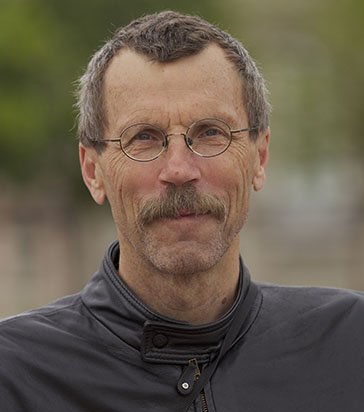Wolff-Michael Roth - NFSUN 2017
Wolff-Michael Roth

Wolff-Michael Roth is Lansdowne Professor of Applied Cognitive Science at the University of Victoria. His empirical work focuses on knowing and learning across the life span, with a concentration on learning in science and mathematics. His theoretical work focuses on dialectical materialist approaches that informed Vygotsky, Leont’ev, Il’enkov, and Bakhtin. He is author/editor of 58 books, 450+ articles in peer-reviewed journals, and 200+ book chapters. With many awards, he received an honorary doctorate from the University of Ioannina, Greece.
More: web.uvic.ca/~mroth/
Keynote lecture:
Dwelling: Toward a Phenomenological Foundation for Science and Environmental Education
In conceptual change approaches to science education, the environment is but another aspect represented in the mind and therefore constitutes but an external factor that mediates mental constructions. The notion “sense of place” and the Bakhtinian concept “chronotope” have been proposed as alternatives to provide a cultural-historical approach to science education that places a primacy on the everyday experiences that learners have with their environment. However, both concepts presuppose the existence of place and space and therefore cannot, from phenomenological perspectives, constitute the ground from which emerge our experiences of the environment or the learning of science. To ground and exemplify an alternative theory of learning that overcomes the problems of conceptual change approaches and their more recent alternatives I draw on a database established in the course of over a decade of research within one community concerning the relationship of science, knowing, and the environment. This alternative is grounded in the phenomenological insight that we always already find ourselves in a familiar world that we inhabit. “Hence, Levinas writes, the subject contemplating a world presupposes the event of dwelling.” Dwelling (habiting) immediately grounds this approach to knowing and learning in the environment because sociologically, habiting implies not only habitus, habits, inhabitation, and habitat but also labor, the body, and consciousness. That is, dwelling leads us to a practice-theoretical foundation of science and environmental education.
NFSUN 2017
When:
Pre-conference: 6 June 2017
Main conference: 7 - 9 June 2017
Where:
Norwegian University of Science and Technology (NTNU)
Trondheim, Norway
